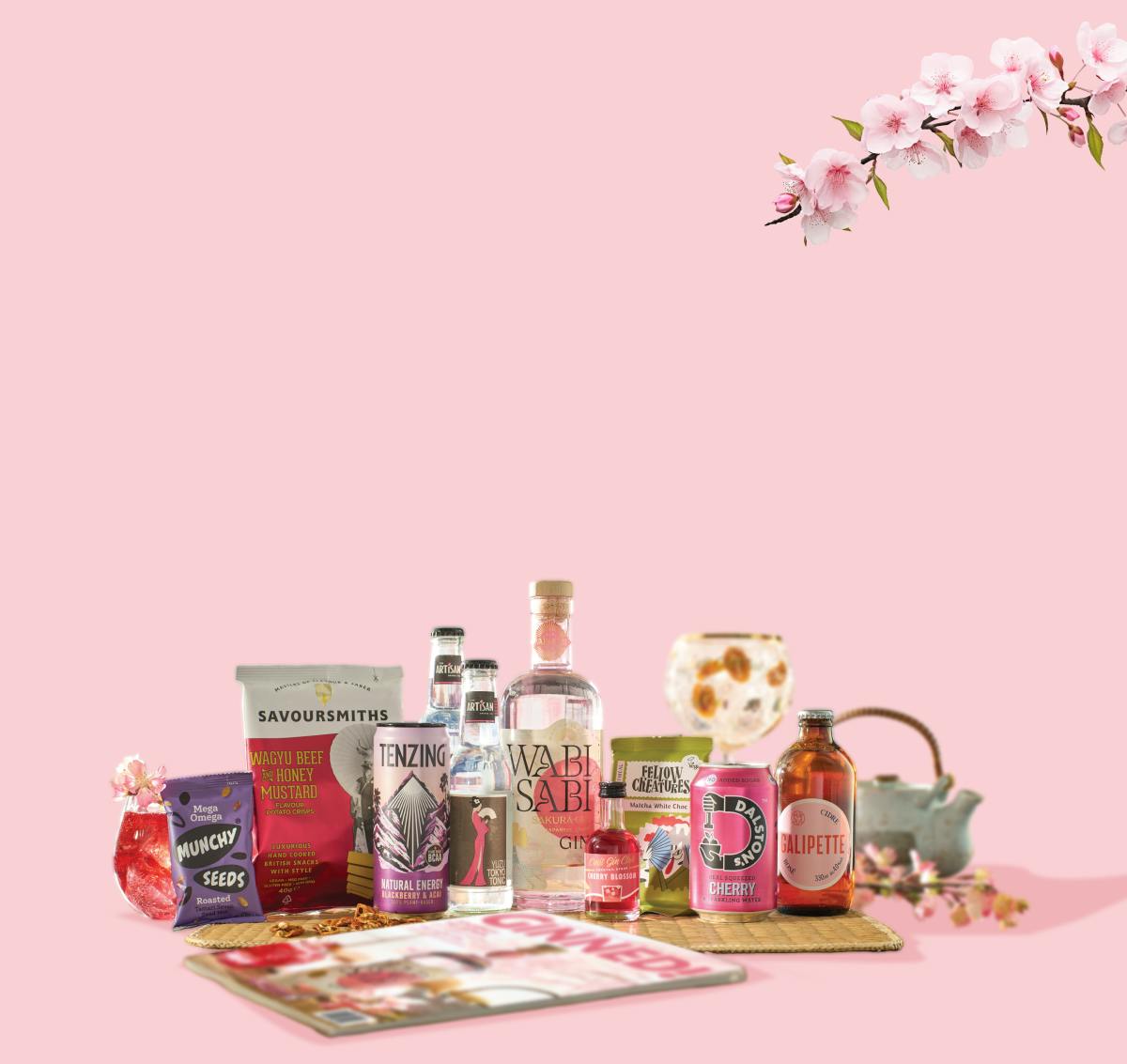Total flexibility, no commitment
A world of unique, crafted spirits
Easy, free and reliable delivery

An Argument for Organic: Q&A with John Savage-Onstwedder of the Da Mhile Distillery
Below is an excerpt from the July 2015 edition of GINNED! Magazine about the Dà Mhìle Distillery. Every month, Craft Gin Club Members receive a bottle of amazing small-batch gins accompanied by GINNED! Magazine which is full of information about the gin, the distillery and loads of fascinating features.
For over forty years, John Savage-Onstwedder, the owner of Glynhynod Farm on which sit the Dà Mhìle Distillery and Teifi Farmhouse cheeses, has lived by the principles of the organic movement. The movement, which continues to grow in popularity in the face of massive industrial-scale farming and distilling methods, holds different meanings for different people. GINNED! Magazine spoke with John to find out what it means to him and what “organic”’s future prospects are.
How did you begin following the organic movement?
In 1972, researchers at the Massachusetts Institute of Technology (MIT) published a study that for me kicked off my involvement in the environmental movement, a study called Limits to Growth commissioned by the global think tank, the Club of Rome. The book was like a Copernican revolution in human thinking. Until then, much of the industrial world thought that the earth and its resources were infinite and that humans would be able to continue the growth they had been enjoying the previous decades without end. Limits to Growth showed that the world is finite, that in fact we wouldn’t be able to continue growing as we have in the long term because certain resources would run out. I quickly became a believer in the book’s findings and have since promoted the organic movement in everything I do and the products I make.
What does “organic” mean to you?
A lot of people think that “organic” is a new fad but that’s simply not true, a fact that I can’t stress enough when I speak with people at the shows we do and visitors to our farm. Think about it. One hundred years ago everything was “organic”! There were no chemicals and farms remained relatively small. For instance, the average dairy farm size back then would have been maybe 45 cows whereas today it’s 200 and getting bigger all the time. There are farms now applying for permits for 2,000 cows! It’s so unnatural that they have to inject the cows with antibiotics to keep them healthy which doesn’t even always work.
When I tell the story of the first organic whisky we made with the Springbank Distillery, I call it the “first organic whisky of the modern era” to show that “organic” is not a new fad. Some people have the perception that what we call organic products today are only for the well-off but that doesn’t have to be true either. If you know what you’re doing - even people on the dole - you can go to the farmers market and buy organic products on a low budget. Organic foods should be for everyone. We go to lots of farmers markets in Wales and their prices are competitive with the prices in supermarkets. We notice a significant difference, however, when you get to London. The same organic cheese will sell at say £26 per kilo at Borough Market whereas in Wales it costs £18 per kilo.
How do you respond to those who argue that modern-day farming techniques are necessary to feed a growing population?
I think that modern big agriculture is eventually doomed. Just in recent memory there are plenty of examples to demonstrate that modern techniques, when it comes to industrial-sized farms and all of the chemicals they use, are simply unsustainable. Think about the well-publicized outbreaks we all can recognise: mad cow disease, swine flu, bird flu, etc. How do you think these epidemics occurred? By the conditions, most often unsanitary, brought on by packing so many animals together. Even in Victorian times they knew that when you put too many humans together in one house, the more cramped the house, the more chance their was for disease to spread.
It’s the same principle with animals. If you put 150,000 chickens together in one shed or thousands of pigs caged together and eating from the same trough of unnatural feed, you’re bound to have problems. And these problems often arise on farms where the animals have already been treated with antibiotics. Look at what all of the antibiotics in our livestock and the chemicals in our food has done to the health of the population!
How can you appease the skeptics? What’s the answer to spreading organic?
We can definitely get back what we’ve lost over time. I’m not saying that we have to go back to the farming practices of the 20s or 30s. We can move forward with much more knowledge and adapt modern methods to organic production. You can use modern machinery and other practices to farm organically and organic scientists can help any transition - we just need to cut out the chemicals. Instead of monoculture farms - ones that specialise in one crop which leads to the deterioration of the soil, pathogens that quickly become resistant to chemicals, and lower quality food overall - we should all be working on mixed farms with a variety of crops and animals.
At Glynhynod Farm we have about 60 acres with cattle, pigs and chickens running around and some of the botanicals in our gin are picked right off the farmland. With our farm, our distillery and our dairy, we have created our own market following our mission statement which is “not to produce mediocrity but only top quality at an honest price.” Our artisan products are completely different than those produced in a factory and people are taking notice. They’re fed up with mass-produced things. There is a serious demand for artisanal food and drink. People want real flavour, they want to taste something different. Why do you think craft distilleries are increasing in number all the time?!







